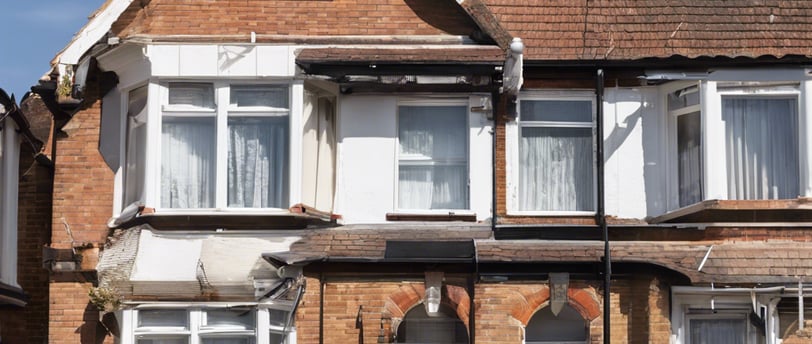Quick Tips for Landlords: Understanding the PIE Act in South Africa
As a landlord in South Africa, understanding your obligations under the Prevention of Illegal Eviction from and Unlawful Occupation of Land Act, typically referred to as the PIE Act, is crucial. This legislation aims to balance the rights of tenants with those of landlords, ensuring a fair housing environment. Under the PIE Act, landlords must adhere to a specific legal process when considering eviction. This means establishing solid legal grounds for eviction, such as non-payment of rent or violation of lease terms.
EVICTIONS IN SOUTH AFRICA
Japheth Chetty
10/15/20242 min read


Know Your Responsibilities
As a landlord in South Africa, understanding your obligations under the Prevention of Illegal Eviction from and Unlawful Occupation of Land Act, typically referred to as the PIE Act, is crucial. This legislation aims to balance the rights of tenants with those of landlords, ensuring a fair housing environment. Under the PIE Act, landlords must adhere to a specific legal process when considering eviction. This means establishing solid legal grounds for eviction, such as non-payment of rent or violation of lease terms.
Understand the Legal Process for Eviction
Landlords must be aware that evicting a tenant is not simply a matter of issuing a notice. The PIE Act specifies that a court order is required to carry out an eviction legally. This protection for tenants is in place to prevent arbitrary or unlawful evictions. Thus, before initiating any eviction process, ensure that you have followed the correct procedures. This includes notifying the tenant in writing about the issues and providing them an opportunity to remedy the situation.
Communicate Effectively with Tenants
Effective communication with tenants can often reduce misunderstandings and potential disputes. Familiarize yourself with the tenants' rights provided under the PIE Act and ensure your rental agreements clearly outline responsibilities and obligations for both parties. Keeping an open line of communication can encourage tenants to express their concerns before they escalate into significant issues, such as late rent payments or breaches of contract.
Stay Updated on Legislative Changes
As a landlord, it is essential to remain informed about any changes to the PIE Act or related legislation. Laws governing rental properties can change, and staying updated will allow you to manage your properties more effectively while ensuring compliance with the law. Regular engagement with legal resources or consultations can provide insights into best practices for landlords and help navigate any new developments in the legal landscape.
Consider Legal Representation
In complex situations, seeking legal advice can prevent costly mistakes and ensure you follow the law correctly. A legal professional specializing in property management can guide you through the intricacies of the PIE Act, assisting in drafting notices or representing you in court if necessary. While it may be an added expense, investing in legal representation can save you time and effort in the long run.
In conclusion, understanding the PIE Act is crucial for landlords in South Africa. By knowing your responsibilities, communicating effectively with tenants, and staying updated with legal requirements, you can create a harmonious rental environment that respects both landlord and tenant rights.